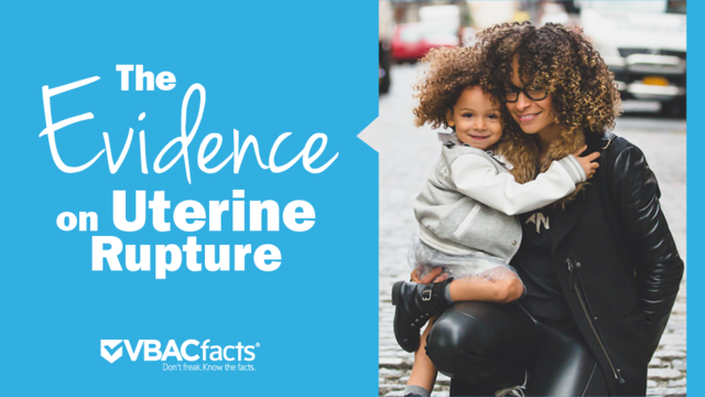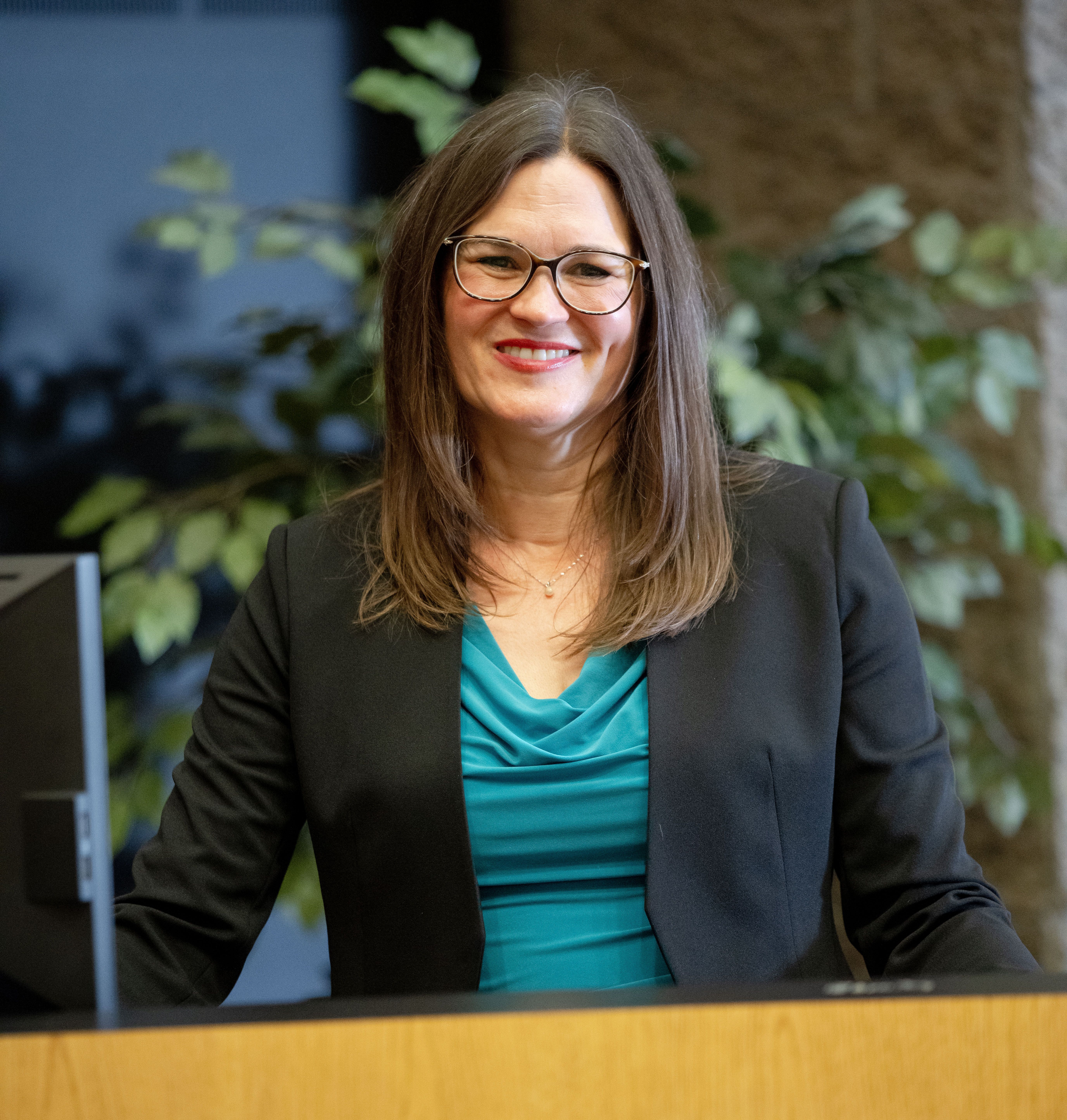

Are you a birth professional? Or did you give birth by cesarean? Do you want to learn about the evidence on uterine rupture?
Hi, I'm Jen Kamel. I have helped thousands of parents who have had cesareans, and the professionals who care for them, understand the evidence on vaginal birth after cesarean (VBAC).

You became a birth professional because you believed in the right of every pregnant person to get the care that they need during the most important and vulnerable time of their life.
Yet there’s so much conflicting information out there that may compromise your ability to give the best professional advice or guidance possible.

For example have you heard that it's unsafe to have a VBAC with a short birth interval or after two cesareans?
Or that the risk of uterine rupture increases dramatically after 40 weeks or with a big baby?
Well, I’m here to dispel the myths and tell you what the evidence actually says.
Most professionals don’t have time or desire to dig through hundreds of pages of medical reports.
That’s why I’ve done the hard work for you and put into a 60-minute online training everything you need to understand about how four factors impact uterine rupture risk.
But after I had my cesarean for footling breech, it all changed.
I learned how difficult it was for parents to find reliable information on VBAC and how challenging it was for professionals to stay on top of the ever growing mountain of evidence.
I wanted to help, so I founded VBAC Facts, an educational, training, and consulting firm.

For almost a decade, I have traveled the country as a continuing education provider offering educational courses for parents, trainings for professionals, and legislative consulting for organizations.
When I was asked to present Grand Rounds on uterine rupture at California Hospital, I jumped at the chance.
In just one hour, you can leave the confusion behind and finally bring clarity to all the conflicting viewpoints around this topic.
We’ll review the evidence on how uterine rupture rates are influenced by:
We will also discuss the three ways to evaluate medical research on VBAC and navigating informed refusal when there are some increased risks.
This course is for you if:

As a Maternal-Fetal Medicine specialist, I see hundreds and hundreds of women who are cared for by other OBs. Talking with women with prior cesarean deliveries, I have come to realize all the misinformation that is imparted to them, all in the interest of convincing them to agree to a repeat cesarean delivery (even when the woman strongly desires a trial of labor).
The reasons that these women have quoted to me as what their OB doctor told them why they cannot have a trial of labor are so varied that I know they cannot possibly be evidence based. I just haven't gotten around to doing a thorough literature search to know what exactly the evidence is on these issues.
I attended Jen Kamel's "The Evidence on Uterine Rupture" and - IN ONE HOUR - I now feel well informed on this issue. She presented all the relevant studies as well as reviewing their sample sizes, methodologies, definitions used, and confounding factors.
When I counsel my patients in the future, I will be able to do so with a much more authoritative command of the current literature. Thanks Jen!
Emiliano Chavira, MD, MPH, FACOG
Maternal-Fetal Medicine and Obstetrics & Gynecology
- Eisner Pediatric and Family Medical Center
- San Gabriel Valley Perinatal Medical Group
- MFM Associates

I was not confident in my knowledge and understanding of the evidence pertaining to VBAC, and what best quality information and resources I would offer clients. Now I feel confident in both.
I wanted a better knowledge of actual statistics and got them. I work from the approach of informed consent and empowerment, but I do need to know the larger risks.


Jen Kamel is the CEO and Founder of VBAC Facts®. Since 2007, their focus has been to provide objective, accurate information about the data available on vaginal birth after cesarean and repeat cesarean to parents, professionals, policymakers, and the court so all decisions can be informed, ethical, and just. In this capacity, she creates educational courses for parents and CE trainings for professionals as a Continuing Education Provider through the California Board of Registered Nursing. She speaks at conferences around the world on the VBAC evidence as well as presents Grand Rounds at individual hospitals. In her ongoing efforts to educate policymakers on the VBAC evidence, she has testified multiple times in front of the California Medical Board and a variety of other regulatory committees as well as have consulted on legislation and regulation in multiple states. She serves as an expert witness and consultant in legal proceedings so the court may make its deliberations on the medical research rather than conventional wisdom.